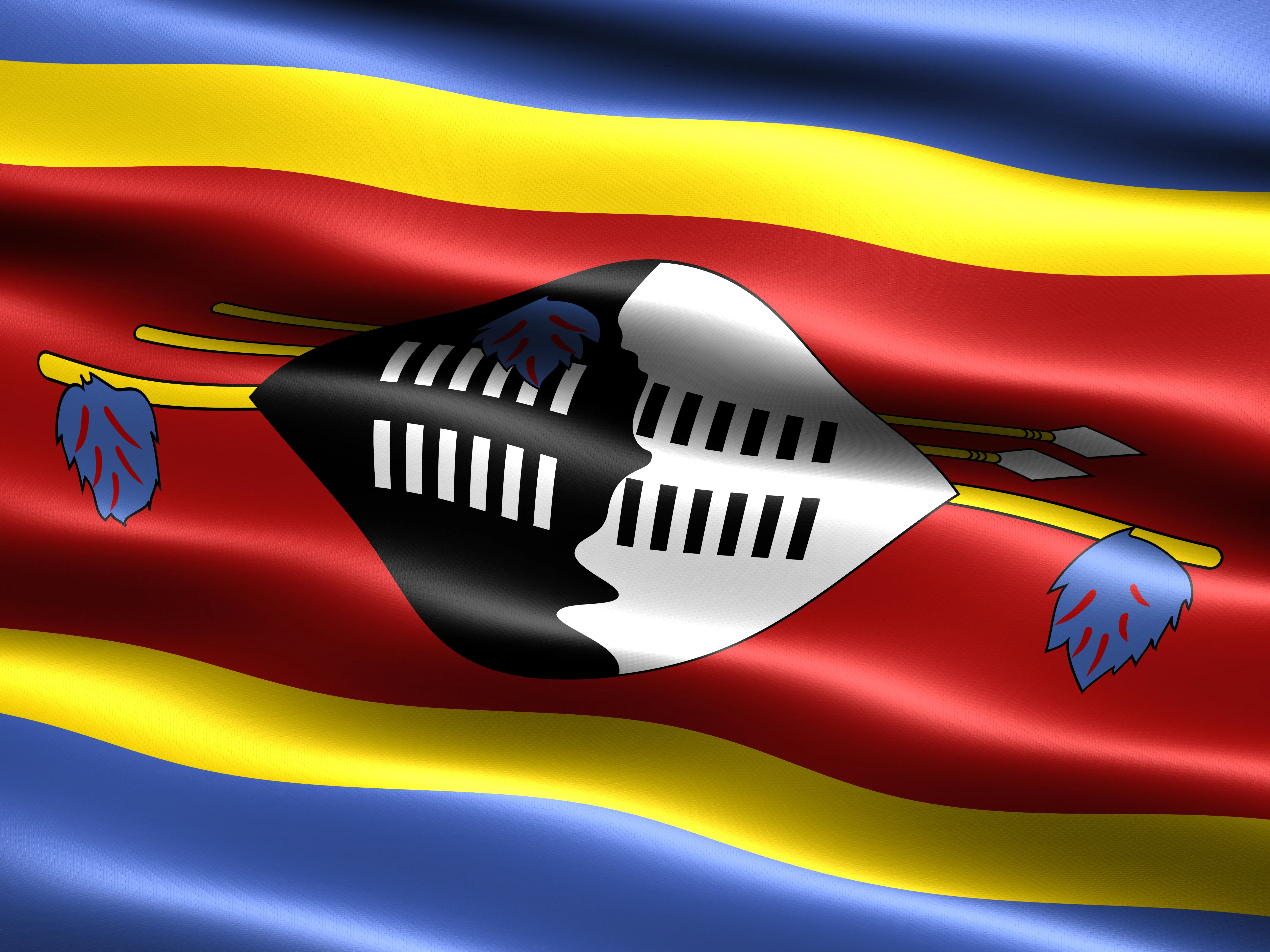
There have been a number of distressing developments in Swaziland over the past week. SALC is indebted to our contacts in Swaziland, particularly Velaphi Mamba from OSISA and Mary da Silva from Lawyers for Human Rights Swaziland, who have been providing us (and other concerned individuals and organisations) with detailed updates on all events in Swaziland.
Maseko and Makhubu Contempt of Court Trial
This trial continued on Monday, after its postponement last week following tension in the courtroom when Judge Simelane ordered Makhubu’s wife to leave the court accusing her of sleeping.
Cross examination of the second Crown witness, acting court registrar Banele Ngcamphalala, continued. Adv Maziya and Mr Mkhwanazi for the defence focused on questing Ms Ngcamphala on her knowledge of the law and procedures surrounding contempt of court in Swaziland. During her cross-examination it emerged that she is the complainant in this matter despite not being mentioned in the articles alleged to be contemptuous, and not disclosing this in her police statement or during her evidence in chief.
The case has been postponed to Monday, 5 May 2014.
The timeline of this case is complicated by the fact that there are a number of appeals pending in cases connected to this one. On 6 April 2014, Judge Dlamini had ruled that Maseko and Makhubu be released from custody and that their detention and the arrest warrants and indictments issued to them were unconstitutional. However, the Crown appealed this decision and then issued fresh arrest warrants and rearrested them. The case currently before Judge Simelane is in connection with the fresh warrants. However, the Crown appeal to Judge Dlamini’s ruling will be heard by the Supreme Court in May 2014, and Maseko and Makhubu are due to appear in court on 2 May 2014 for a roll call of that appeal.
PUDEMO Arrests
A celebration of Workers’ Day was held at the Salesian School sports ground on 1 May 2014. However, Wandile Dludlu, Coordinator of the Swaziland United Democratic Front (SUDF) and Mphandlana Shongwe, Second Vice Secretary of the People’s United Democratic Movement (PUDEMO) were prevented from attending the event.
Mario Masuku, the president of PUDEMO, and Maxwell Dlamini, Secretary General of the Swaziland Youth Congress (SWAYOCO, PUDEMO’S youth league) were arrested as they were leaving the venue. They have both been charged under the Sedition and Subversive Activities Act for allegedly uttering seditious statements.
Masuku and Dlamini are due to appear in the High Court on 2 May 2014, and will apply for bail. The two are represented by Lawyers for Human Rights Swaziland.
Maseko Sedition Case
In 2009 Thulani Maseko was charged with sedition under the Seditious and Subversive Activities Act. No action had been taken by the Crown in respect of these charges until now, when the case has been revived and allocated to Judge Nkululeko Hlophe. The next trial session will begin in June and it is expected that Judge Hlophe will allocate a court date then.
Summary
These cases represent the escalation of intimidation and repression directed against those critical of the government in Swaziland, and illustrate why there is an urgent need for law reform in the country. The laws surrounding contempt of court and sedition limit the rights to freedom of speech and association – protected in the Swazi Constitution – and so should be removed from the statute books.
The Maseko and Makhubu contempt of court case and the Maseko sedition case are also examples of the disregard law enforcement and judicial officials have for procedure and legal principles, and highlight the complicity of those officials in the targeting of activists. All these cases demonstrate the abuse of power by authorities in Swaziland, and the willingness to use these laws as a way to silence political opponents.
This entry was posted in Blog, Media Defence, Swaziland and tagged Contempt of Court, Freedom of Expression, Makhubu, Maseko, PUDEMO, Sedition, SUDF, SWAYOCO, swaziland. Bookmark the permalink.



